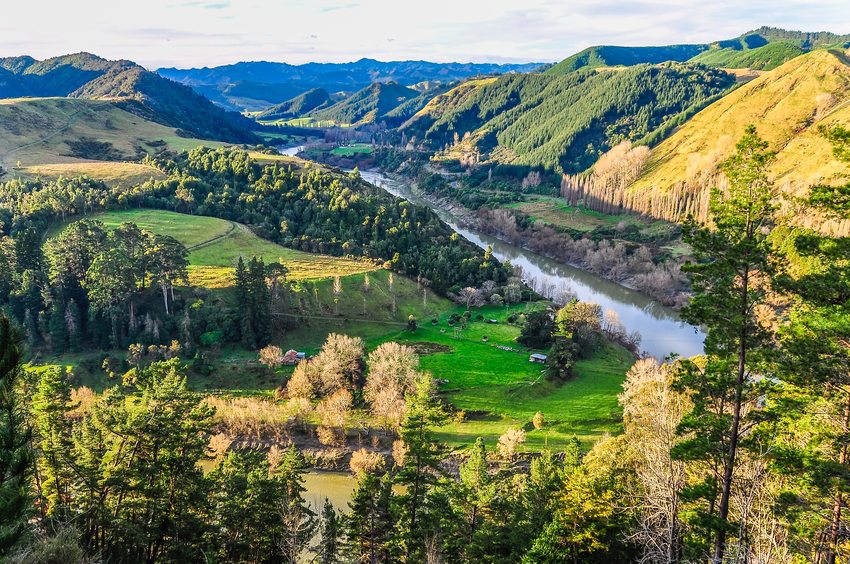A 300km long and windy New Zealand river is set to be granted personhood, which will give the river legal and moral rights that can be represented in court, just like a person.
The Awa Tupua (Whanganui River) proposal is expected to pass its second reading in Parliament this year, which will recognise the authority of New Zealand’s third longest river, its presence, needs and wellbeing.
The legislation was developed by taking into account Te Ao Māori (the Māori world view), which defines the human affinity with nature as a relationship, rather than a form of ownership.
The Whanganui River will not be the first landscape in New Zealand to be granted personhood. In 2014, the Te Urewera Act gave a 200,000 hectare national park in a remote area in New Zealand’s North Island “all the rights, powers, duties and liabilities of a legal person”.
That Act was designed to break a stalemate over who “owned” the area, between the government and Tūhoe, the iwi with tribal authority under the Treaty of Waitangi, the founding document of New Zealand.
It gave the Te Urewera area the capacity to go to court — or more accurately, to be represented in court by Tūhoe,
Chris Finlayson, New Zealand’s attorney general has said that such legislation takes into account that for Maori, “geographic region is part and parcel of who they are.”
University of Otago law professor, Jacinta Ruru, has said: “From our perspective as Māori, we believe that we come from the land and that the land has its own personality, its own heartbeat, its own health, its own soul.”
Granting Whanganui River personhood will come at a time when groups around the world are advocating for the legal recognition of the Rights of Nature, a rights-based approach that breaks away from traditional environmental regulatory systems, which typically regard nature as property.
With the enactment of its 2008 Constitution, Ecuador became the first country in the world to codify the Rights of Nature, recognise the rights of ecosystems to exist and flourish, give people the authority to petition on the behalf of ecosystems, and oblige the government to remedy violations of these rights.
The claim of such movements is that human beings need to develop a higher moral understanding of landscapes, in which nature is not perceived as property to satisfy human needs and wants, but as having legal and moral rights.







